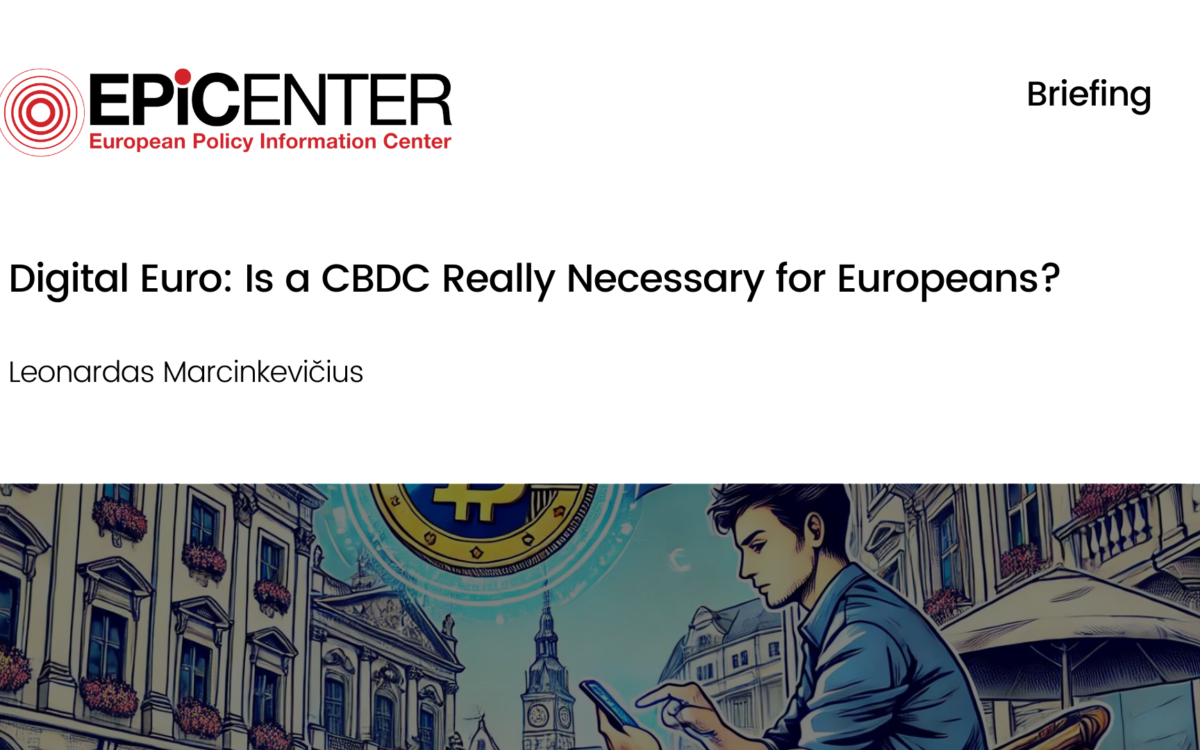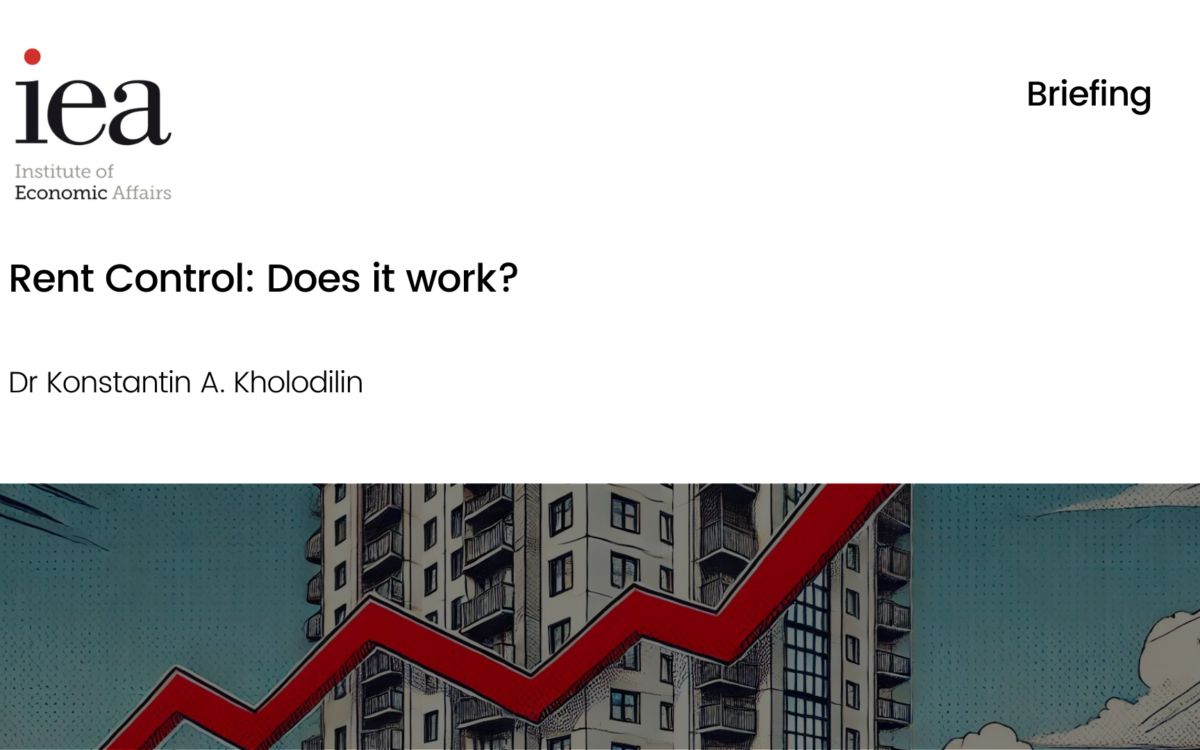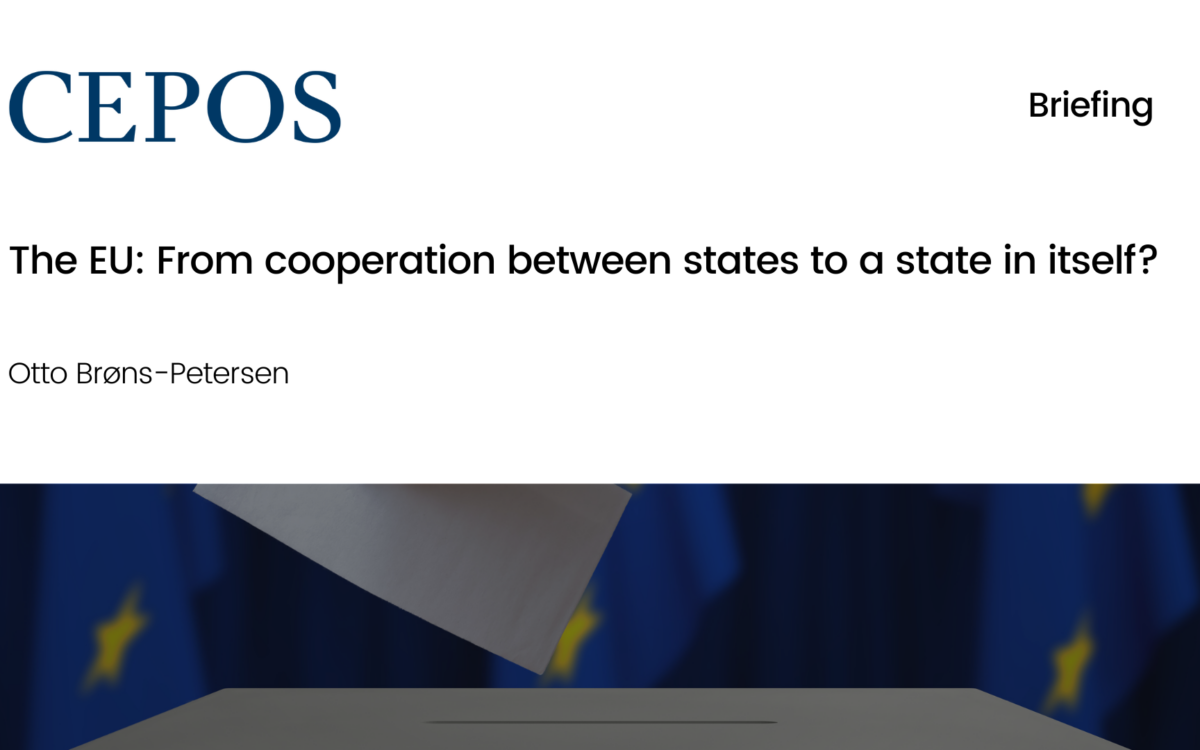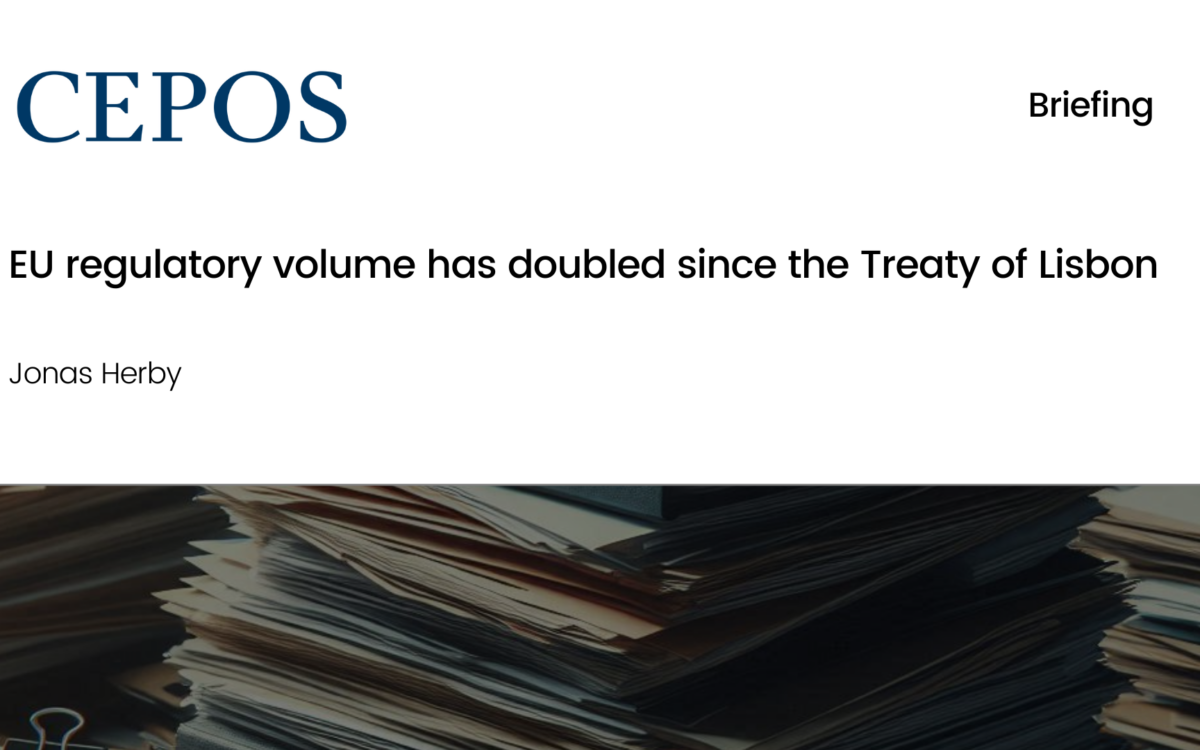Cbam: the Devil is in the Detail
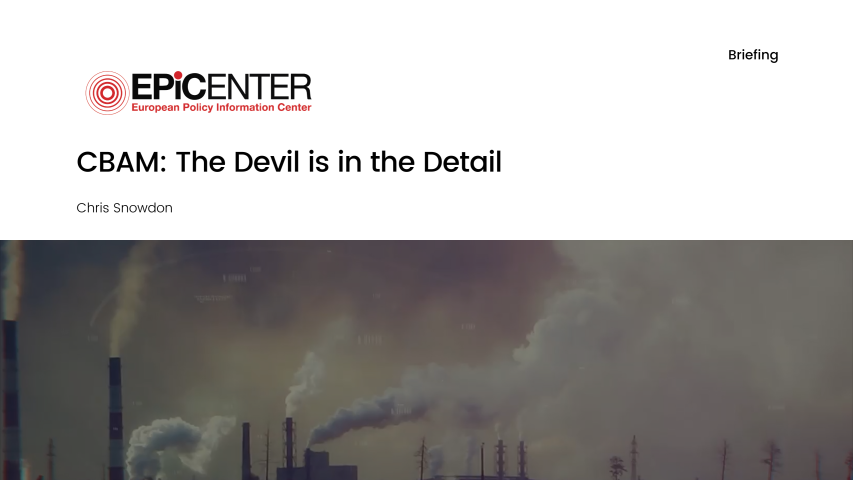
Cbam: the Devil is in the Detail
7 October 2020
The EU Commission launched a public consultation on the adoption of a Carbon Border Adjustment Mechanism (CBAM), i.e. a fee to be levied on imported goods. A CBAM aims to reflect their carbon content and level the playing field with domestic producers of the same goods, who pay for the carbon they emit. A CBAM might be a substitute for, not a complement to, the current policies to counter carbon leakage, such as the distribution of free allowances as well as discounts on the cost of energy for energy-intensive, trade-exposed industries.
In principle, a CBAM is an effective policy to limit trade distortions in a world where some countries (such as the EU member states) regulate carbon, while many others do not. However, CBAMs in the real world require many simplifications and assumptions, to become feasible from an economic and administrative point of view. An imperfect CBAM may or may not be a better option than the existing tools to address trade distortions. It all depends on the design.
Download or share this publication
View the PDF
EPICENTER publications and contributions from our member think tanks are designed to promote the discussion of economic issues and the role of markets in solving economic and social problems. As with all EPICENTER publications, the views expressed here are those of the author and not EPICENTER or its member think tanks (which have no corporate view).
